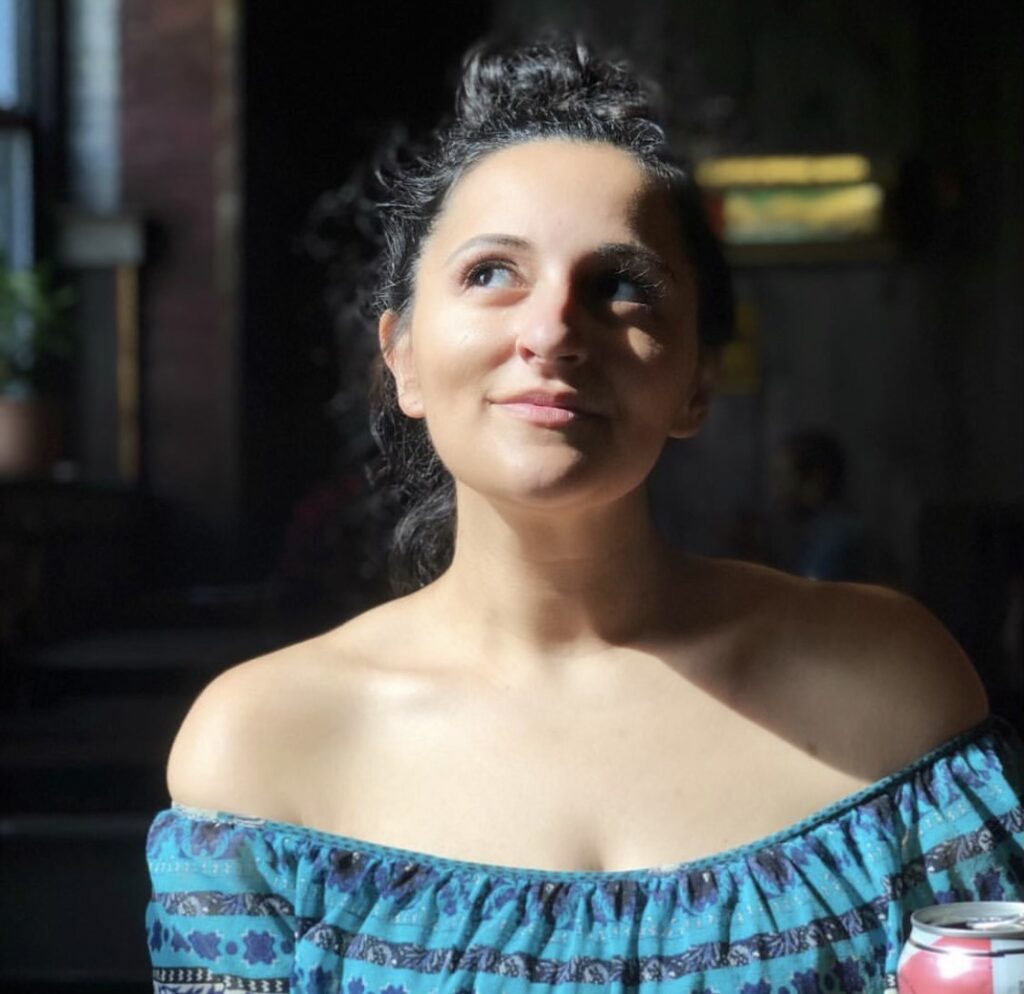Candice is the program manager of two Compass programs, Compass on Dexter (COD) and Cascade Women’s Program. COD is an affordable housing program for singles, couples, and families. Cascade is a women’s program where the participants come directly from chronic homelessness and the program is a community-centric, communal living situation. Candice talked about her role at Compass and why this work means so much to her.
What is your position at Compass?
I am the program manager at both Compass on Dexter and Cascade Women’s Program.
How did you first hear about Compass Housing Alliance?
I knew of Compass a little bit from my work at the University District service providers — I was on the board of the University District Service Providers Alliance also with my time on Roots (a young adult shelter in the U District).
When I wanted to move back into social services, I remembered Compass and it just aligned with my beliefs, and specifically, Cascade Women’s Program spoke to me. I was homeless at one time in my life and having the opportunity of being able to give back to a program that was like the one that helped me I jumped at it.
What is something people don’t understand about homelessness?
A big thing people don’t understand about homelessness is when I’m speaking to people outside of Compass, I will talk about the fact that I experienced homelessness and people have this idea, a perception about who the people experiencing homelessness are like. They think the people walking around Pioneer Square represent what homelessness is. Homelessness is complex, and more people are closer to it than they realize. There are lots of people living paycheck to paycheck.

When I was 18, I was homeless. I moved out of my house during high school, and I didn’t have a safety net at all like so many people who experience homelessness. I was able to get into transitional housing. There, I got access to services and got back on my feet. That program was very much like the Cascade Women’s Program. That is why it means so much to me to do this job.
When it comes to the women in our building (at Cascade) so many of them come from deep-rooted trauma. What we are trying to build here is a sense of community and safety for folks who haven’t had it, and, quite simply, a place where they can get some rest and reprieve.
Cascade is a place where they can finally focus on themselves.
So many of them have been focusing on other people for so long. Women are nurturers, it is what we do. So many of them tell me that this place is the first place they’ve ever been able to focus on themselves.
Why do you care about this work?
I just see the way our city is changing. I feel like there is so much more that we can be doing. Because of my lived experience, I can give back in a way that other people can’t. I am an example that there is a path forward. The people that we serve can move forward. When I think about the women we serve, it fills me with hope.
I get to watch people grow every day. I see little victories every day.
Seeing them change their lives, Compass offers support, but they are the ones doing the work, is just a beautiful process. AND working at a place like Compass where the culture is about self-care and supporting each other, is just so important.
How can people help?
There are so many ways for people to support us. We are looking for people who want to engage with our program. Our residents crave to be a part of the surrounding community. It would be great to have someone come in and do haircuts. It is so necessary to feel normal after not having a haircut for three years because of the pandemic.
I’d also love someone who has some skills that they could teach. I’ve recently had a conversation with someone who teaches ceramics!